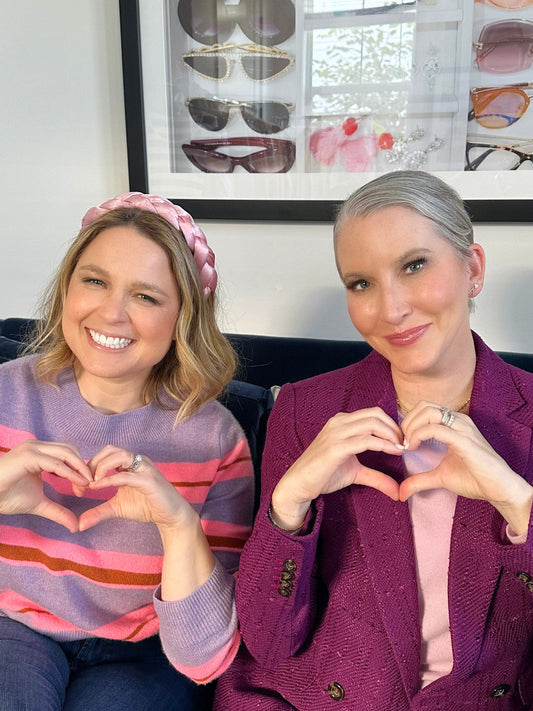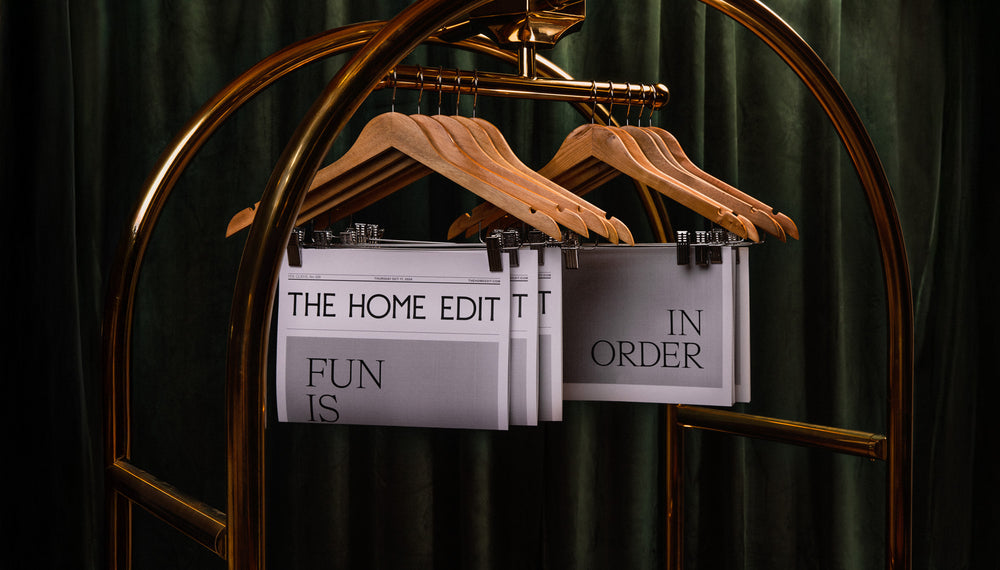1. Why is sleep so important and what are some of the negative effects of not sleeping enough?
As the science shows, sleep is the underpinning to virtually every aspect of our physical and mental health. It plays a profound role in decision-making, problem-solving, memory, creativity, focus, attention and energy.
And the negative effects of not getting enough sleep are nearly endless. To name just a few, sleep deprivation is linked to heart disease, high blood pressure, stroke, obesity, diabetes, depression and anxiety. It can lower our immunity, putting us at higher risk of infection. Sleep deprivation also affects our mood and mental health, making us more reactive, impulsive, irritable and short-tempered.
2. What’s an ideal nighttime routine to help us get more sleep?
There is no one ideal routine that’s going to be right for everybody. Different things work for different people, but what’s important is to have a routine that tells your mind and body that it’s time to begin winding down and say goodbye to the day and all its stresses and demands.
For me, I treat my transition to sleep as a sacrosanct ritual. The first part is that I turn off all my electronic devices and gently escort them out of my bedroom. Our phones are repositories of everything we need to put away to allow us to sleep — our to-do lists, our inboxes, the demands of the day. So charging our devices in another room allows us to wake up as recharged as our phones.
After that, I might take a hot bath, which I’ll prolong if I’m feeling anxious about something. Sometimes I’ll have a cup of lavender tea if I want something warm and comforting. And I’ll close the night with a book — I also love reading real, physical books, especially poetry, novels and books that have nothing to do with work.
But the important thing is to find a routine that works for you and then to make it as consistent as you can.
3. Do you have any must-have bedroom products for getting a good night’s sleep? (i.e. an alarm clock, sleep mask, etc.)
I love my old-fashioned analog alarm clock. It’s also one of my most frequently-given gifts. And though I keep my room dark, for traveling it’s also important to find a sleep mask you love. It gives you the control to turn the lights out whenever you need to.
4. Any tips for falling back asleep if you wake up in the middle of the night?
I follow the advice of experts who advise to not count the minutes or stare at the clock — that’s only going to make us more anxious. Instead, I’ll try some breathing exercises, or meditation, which has been shown to help us fall asleep faster.
5. We all know phones are a big bedtime no-no, but it’s hard to break away! What are your tips for putting the phone down?
Our phones are amazing and we love them. And that’s no accident — there’s a lot of research and technology that goes into keeping us hooked. That makes it hard to simply put them down. But what makes it easier is when we replace whatever we’re getting from the phone with something else, especially something that gives us joy. If you’re reaching for your phone out of boredom, fill that need with something else, like reading a book you love, listening to music (not on your phone!), taking a walk or playing a game with a family member. But it’s hard to say goodbye to the day if we don’t say goodbye to our phones.
6. What’s your stance on naps?
I'm a big believer in naps. And while napping can’t be used to make up for chronic sleep deprivation, the science is clear that napping really works and can leave us feeling much more focused and energized for the rest of the day. And it’s much better than trying to power through with another shot of caffeine.



















